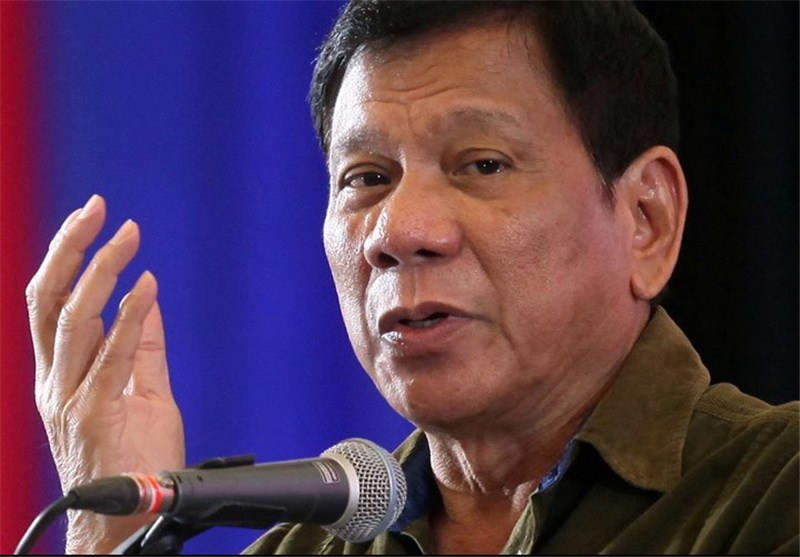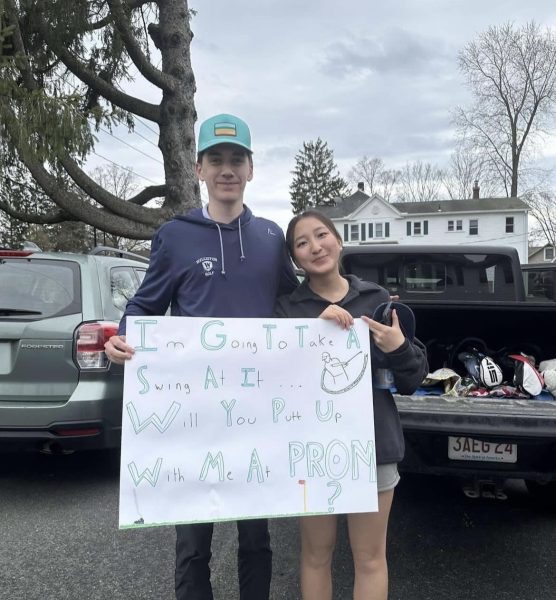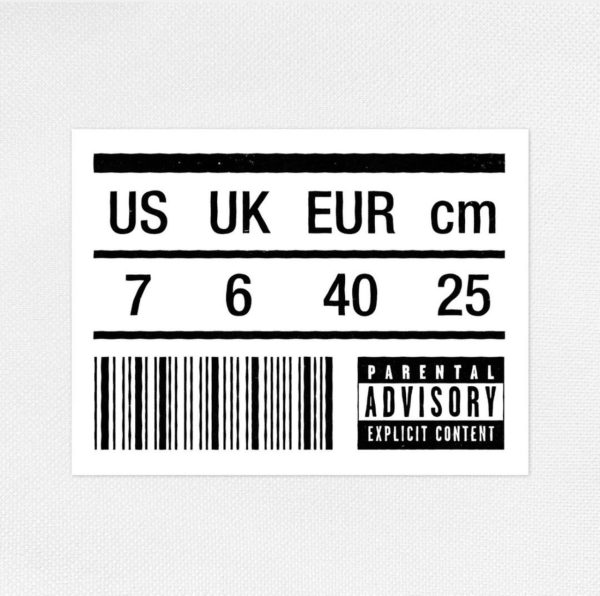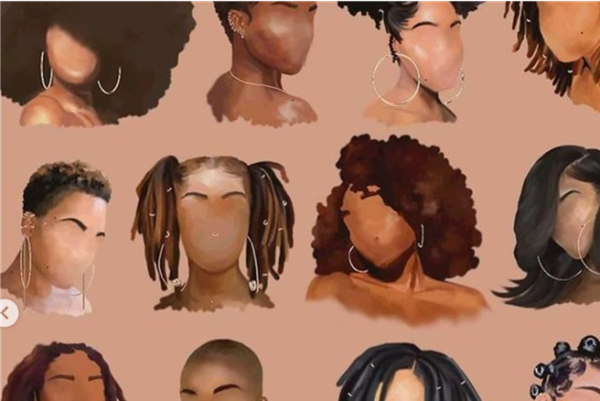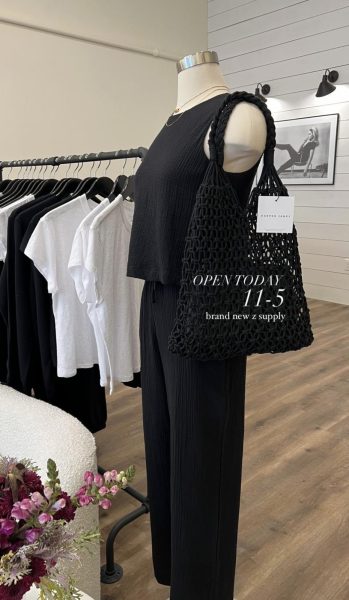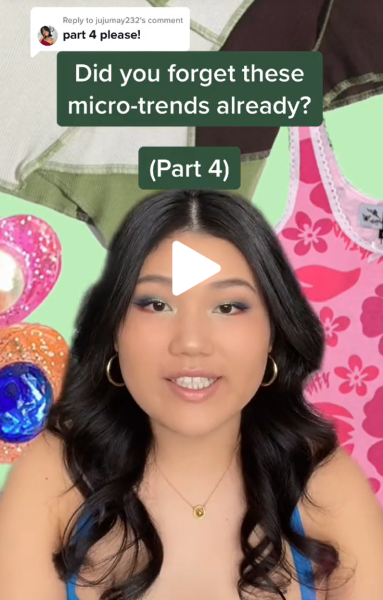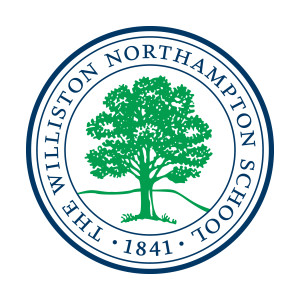“I’d be happy to slaughter them,” said Philippine’s New President
Ever since Rodriogo Duterte began his presidential term in the Philippines, unprecedentedly-extreme anti-drug policies have been carried out for several months.
At a recent press conference, Duterte remarked: “Hitler massacred three million Jews. Now there are three million drug addicts. I’d be happy to slaughter them,” which provoked worldwide outcry and international attention on Philippine’s Drug War.
Duterte, the former mayor of Davao City, was one of the five candidates running for the president in Philippine’s 2016 election. On May 9, Duterte won the campaign by 39.01% announcing that he would wipe out all the drug-related crimes in the country and execute 100,000 criminals in the first six months of his office.
On June 30, Duterte began acting. In his public speech, Duterte ordered the police to take a shoot-to-kill policy towards all drug suspects, and even promised to offer rewards for suspects killed. By August, the number of deaths has mounted to 2,000, and it kept growing.
There have been both local and international reactions.
Many Philippine’s politicians opposed Duterte’s policies, calling them violations of human rights and a lie to distract Filipinos’ focus away from poverty.
At the same time, the president’s supporters claimed that the Drug War was winning. According to Philippine National Police chief Ronald dela Rosa, the new policies had “reduced the supply of illegal drugs in the country by some 80 to 90 percent.”
Internationally, different countries’ opinions were also heavily divided. China expressed its understanding and made it clear that it was willing to offer “effective corporation” to end the illegal drug trades.
On the contrary, the European Parliament considered the new situation in Philippine to be troubling, stating, “[WE] are concerned by the ‘extraordinarily high numbers killed during police operations in the context of an intensified anti-crime and anti-drug campaign.”
Illegal drug trade has always been a national concern in the Philippines. According to the 2011 UN Data Report, the money involved in the trade has reached $8.4 billion dollars. Shabu, the most popular drug in the country, is used by 2.1 percent of Filipinos aged 16 to 64.
“Philippine seems to be dealing with the drug issues for a long time, and the previous drug policies were not effective,” said Junior Minh Nguyen. “Duterte’s strong policies brought hope to the Philippine people.”
Nguyen continued, “The United Nations and other worldwide organizations didn’t actually help Philippine solve the problem before, so the country had to do something for itself. Whether successful or not, Duterte’s policies will certainly have a long, lasting impact.”
Some people are questioning the deeper meaning and purpose behind the anti-drug movement.
Mr. Gunn, history teacher, said. “If it is a democracy, the politician wants to be popular so he or she can be reelected and stay in power.”
He continued, “I wonder if politicians in all parts of the world are telling people: ‘Look, if you are willing to give up some of your personal freedom, and if it’s okay that we set aside some of the constitutional guidelines, and instead, we are going to crack down on this crime problem,’ then people will like that.”
In short, the current situation in Philippine could certainly “tell something about how desperate they [Filipinos] feel,” concluded Mr. Gunn.
Shirley Zhou is a four-year senior at Williston. She is from Changshu, China. She enjoys listening to music, playing the guitar, and creative writing (preferably...



